How Much Is A Solar Panel Setup?
The cost of a solar panel setup is a common query among homeowners and businesses looking to transition to renewable energy. Understanding the various factors that influence the overall cost can help potential buyers make informed decisions. This article will delve into the different components that contribute to the cost of a solar panel setup, the potential savings, and the financial incentives available to reduce the initial investment.
Components of a Solar Panel Setup
A solar panel setup consists of several key components, each contributing to the overall cost. These components include:
1. Solar Panels: The most visible part of the system, solar panels convert sunlight into electricity. The cost of solar panels can vary based on their efficiency, brand, and type (monocrystalline, polycrystalline, or thin-film).
2. Inverter: The inverter converts the direct current (DC) produced by the solar panels into alternating current (AC), which is used by most household appliances. There are different types of inverters, including string inverters, microinverters, and power optimizers, each with varying costs.
3. Mounting and Racking: These are the structures that hold the solar panels in place. The cost can vary depending on the type of roof and the complexity of the installation.
4. Battery Storage: For those looking to store excess energy for use during non-sunny periods, battery storage systems are an additional cost. The price of batteries can vary significantly based on capacity and brand.
5. Installation: Professional installation is crucial for the optimal performance of the solar panel system. Installation costs can vary based on the complexity of the job and the rates of the installation company.
6. Permits and Inspections: Local regulations may require permits and inspections, which can add to the overall cost.
Average Cost of a Solar Panel Setup
The cost of a solar panel setup can vary widely based on the factors mentioned above. On average, the cost of a residential solar panel system in the United States ranges from $15,000 to $25,000 before any incentives or rebates. This translates to approximately $2.50 to $3.50 per watt of installed capacity.
For a typical 6-kilowatt (kW) system, which is suitable for an average household, the cost would be around $18,000. However, this is a rough estimate, and actual costs can vary based on location, system size, and other factors.
Financial Incentives and Rebates
Several financial incentives and rebates are available to help offset the initial cost of a solar panel setup. These include:
1. Federal Tax Credit: The federal government offers a tax credit for a percentage of the cost of installing a solar panel system. As of 2023, the federal tax credit is 26%, but it is scheduled to decrease in the coming years.
2. State and Local Incentives: Many states and local governments offer additional incentives, such as rebates, tax credits, and grants, to encourage the adoption of solar energy.
3. Net Metering: Net metering allows homeowners to sell excess electricity generated by their solar panels back to the grid, reducing their overall energy costs.
4. Solar Renewable Energy Certificates (SRECs): In some states, homeowners can earn SRECs for the electricity their solar panels produce. These certificates can be sold to utility companies, providing an additional source of income.
Potential Savings
While the initial cost of a solar panel setup can be significant, the potential savings over the system's lifetime can be substantial. The exact savings will depend on several factors, including the cost of electricity in the area, the amount of sunlight the location receives, and the efficiency of the solar panel system.
On average, homeowners can expect to save between $10,000 and $30,000 over the lifetime of their solar panel system. These savings come from reduced electricity bills and the financial incentives mentioned earlier.
Factors Affecting the Cost
Several factors can influence the overall cost of a solar panel setup. These include:
1. Location: The cost of solar panel systems can vary based on geographic location. Areas with higher electricity costs and more sunlight will see greater savings and a faster return on investment.
2. System Size: Larger systems will cost more upfront but can generate more electricity and provide greater savings over time.
3. Panel Efficiency: Higher efficiency panels can generate more electricity in a smaller space but may come at a higher cost.
4. Roof Type: The type and condition of the roof can affect installation costs. Complex roof designs or roofs in poor condition may require additional work, increasing the overall cost.
5. Labor Costs: Labor costs can vary based on the installation company and the complexity of the installation.
Financing Options
For those who cannot afford the upfront cost of a solar panel setup, several financing options are available:
1. Solar Loans: Many financial institutions offer loans specifically for solar panel installations. These loans can spread the cost over several years, making the investment more manageable.
2. Leases and Power Purchase Agreements (PPAs): Some companies offer solar leases or PPAs, where the homeowner pays a monthly fee to use the solar panel system. This can be a good option for those who do not want to own the system outright.
3. Home Equity Loans: Homeowners can use home equity loans to finance their solar panel setup. These loans typically have lower interest rates than other types of loans.
The cost of a solar panel setup can vary widely based on several factors, including the size of the system, the type of components used, and the location of the installation. While the initial investment can be significant, the potential savings over the system's lifetime, combined with financial incentives and rebates, can make solar energy a cost-effective and environmentally friendly option for many homeowners and businesses.
By understanding the various components and factors that influence the cost, potential buyers can make informed decisions and take advantage of the available incentives to reduce their overall investment. With the right planning and financing, a solar panel setup can provide long-term savings and contribute to a more sustainable future.


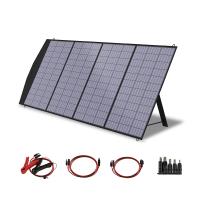
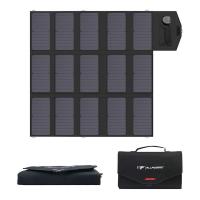
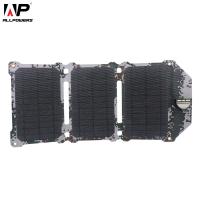
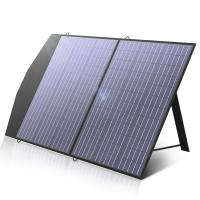
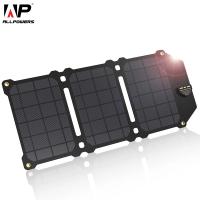
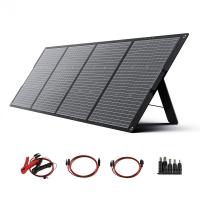
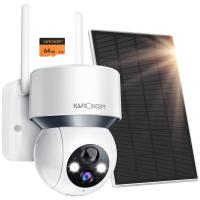


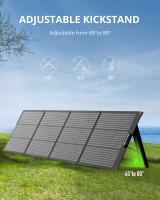
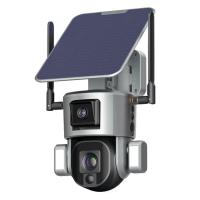
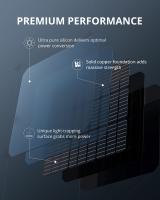


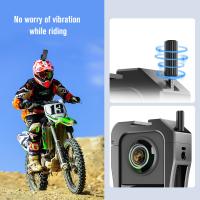
There are no comments for this blog.